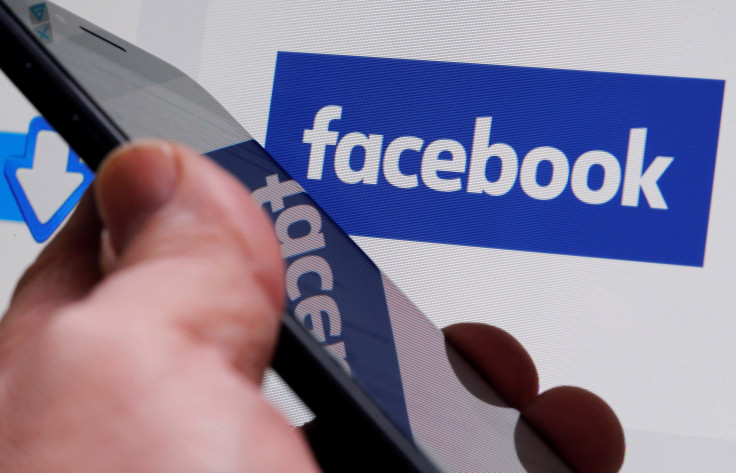Is Facebook Bad For You? How Social Media Is Making You Sick

Social media platforms that allow users to connect with friends and share their lives online have been linked to feelings of perceived social isolation and loneliness. A new study published Monday in the American Journal of Preventative Medicine tracked 1,787 adults between 19 and 32 years old, as well as their time and frequency on 11 of the most popular social media platforms, including Facebook, Instagram and Snapchat. The study showed that people who were on social media more than two hours a day were twice as likely to report feelings of social isolation as people who spent a half hour a day or less on social media platforms and websites.
Researchers also said that frequent users, people who visited social media sites 58 times per week or more, were three times more likely to report feelings of social isolation than people who visited fewer than nine times per week. Study leaders from the University of Pittsburgh defined social isolation as "a state in which an individual lacks a sense of social belonging, true engagement with others and fulfilling relationships," and noted that the condition was associated with morbidity and mortality and could impact vascular and mental health.
But the researchers were also quick to note the condition isn't necessarily caused by heavy social media use. People who feel socially isolated could be drawn to social media as a way to feel connected. But it could also be that more time spent on social media led users to compare their own lives to others.
"You might watch all these interactions where it seems like everyone else is connecting," study co-author Brian Primack, director of the Center for Research on Media, Technology and Health at the University of Pittsburgh, told NPR. Observing the lives of others could lead to feelings of inadequacy and isolation.
A study published last year by researchers with connections to Facebook found that people who received lots of friend requests and posted a high volume of photos on Facebook tended to live longer. But again, the study showed correlation, not causation: people with lots of friends tend to be healthier than people who don't.
© Copyright IBTimes 2025. All rights reserved.






















